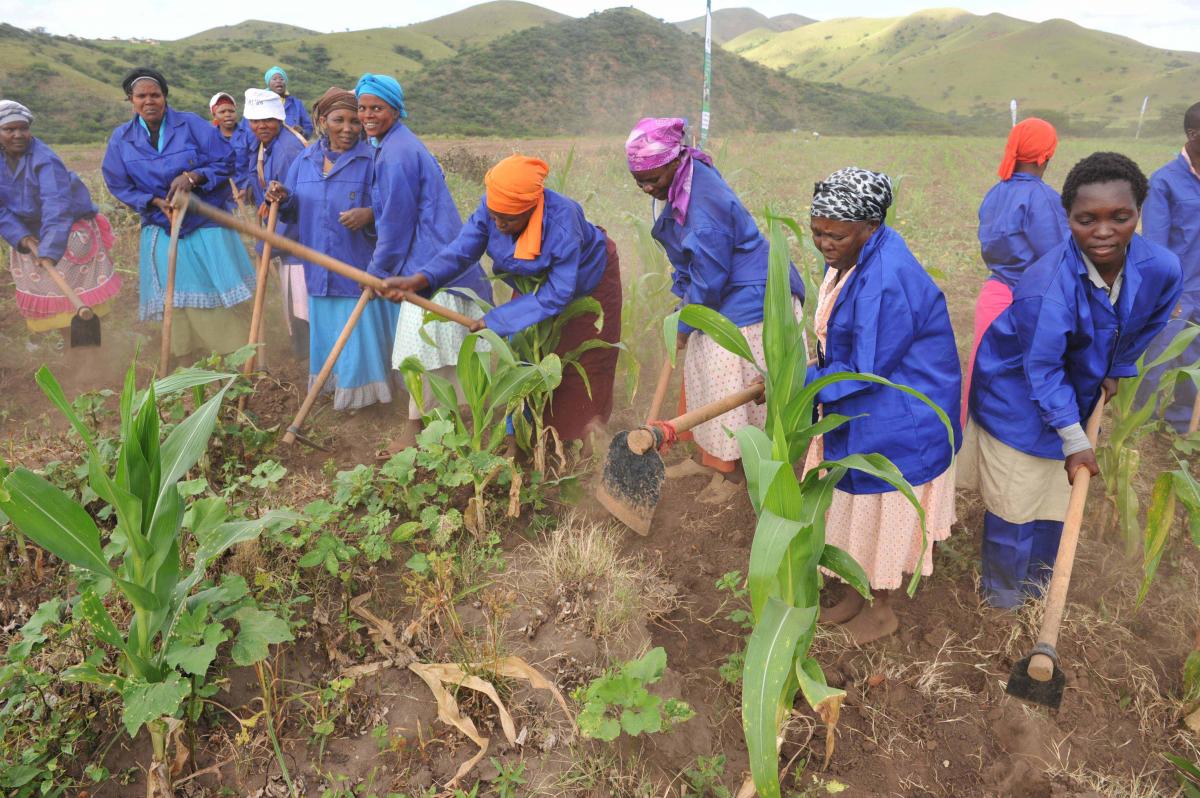Protecting the rights and well-being of South African workers
Protecting the rights and well-being of South African workers JoyMay is Workers’ Month and every day of this month is dedicated to recognising the meaningful contributions and sacrifices made by all workers in growing the South African economy.
Workers are the backbone of the South African economy and an integral part of our society. Their contributions in the different spheres of work help to facilitate the achievement of the cherished objective to build a stable and prosperous country.
Some of the workers worth acknowledging include farm workers who work the land to ensure food security for all of us; bus drivers who leave their homes at the crack of dawn to transport other workers to work, and law-enforcement officers who keep us and our properties safe.
 It is precisely because of the critical role that workers play that we must not only appreciate them, but ensure that their rights are protected.
It is precisely because of the critical role that workers play that we must not only appreciate them, but ensure that their rights are protected.
Government is committed to promoting human and worker rights, as enshrined in international law and in our national laws, as is expected of member countries of the International Labour Organisation.
In 2019, the working conditions of South African workers show the progress we have made in 25 years of freedom and democracy to overturn the exploitation, lack of dignity and lack of safety and tenure – in the case of farm workers – that workers endured under apartheid.
Over the past few years, government has introduced progressive labour legislation – in line with the Constitution of the Republic of South Africa of 1996 – to ensure safe, healthy and conducive working conditions for workers. Some of the labour laws are intended to combat workplace discrimination.
As a demonstration of our commitment to reduce poverty in South Africa, the National Minimum Wage (NMW) Act of 2018 was implemented to improve the lives of over 6.6 million workers who are now benefiting from the new wage.
The NMW seeks to advance economic development and social justice by improving the wages of the lowest paid workers. It stipulates that workers in certain industries should be paid R20 an hour – equivalent to R3 500 per month, depending on the number of hours worked.
The NMW for farm and forestry workers is R18 per hour; R15 per hour for domestic workers and R11 per hour for Expanded Public Works Programme workers. The NMW Commission will review these pay levels annually.
Employers who fail to comply with the Act will be named and shamed by publishing their names on the website of the Department of Labour. Other penalties include compelling non-compliant employers to pay the worker twice the amount that is owed for non-payment.
About 1 392 inspectors have also been stationed across the country to monitor compliance. A special focus of the inspection is the wholesale and retail sectors as they have been identified as some of the problematic sectors.
Meanwhile, I urge employers to collaborate with government in bringing an end to poverty by complying with this new law.
Workers play an important role in growing our economy, and therefore their rights and well-being should be protected.